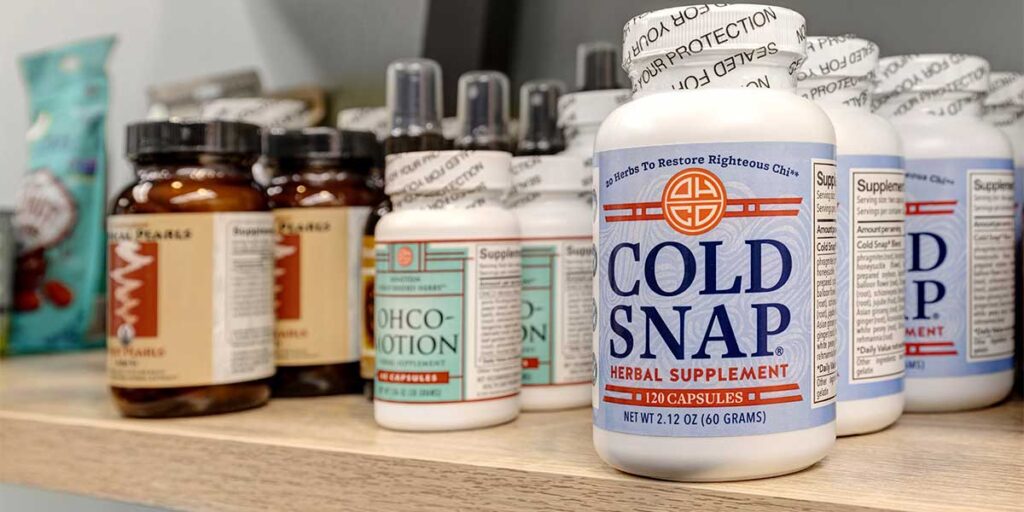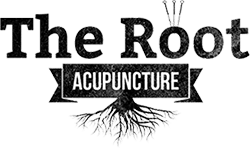Chinese Medicine

History of Chinese herbal medicine
The rich history of Chinese Herbal Medicine (CHM) dates back over 6,000 years to when the first authoritative documentation of CHM was produced by Shen Nong.
Shen Nong was born in the 28th century BCE. His interest in health and benefitting his people was well known. Shen Nong supposedly invented the plow, taught farming and, most importantly, spent many years locating and testing plants to determine their curative or poisonous qualities. Recognized worldwide as the Father of Chinese Medicine, Shen Nong meticulously ate, sat with, and recorded the various tastes, temperatures, toxicities, dosages, and medical actions of 365 various herbs. These records were used to produce the Shen Nong Ben Cao (the Divine Farmer’s Material Medica). This book is considered to be one of three foundational books of Chinese medicine, and it laid the groundwork for all the future knowledge in Chinese herbalism.
Today, the understandings produced by Shen Nong have since been added to, expanded upon, and further researched to produce a text called the Chinese Materia Medica. Utilizing an array of naturally occurring products (such as flowers, barks, minerals, etc…) the Materia Medica today is composed of over 1,800 distinct herbs and more than 10,000 formulas. It is required reading for all Chinese herbalists to become proficient at Western medical perspectives, and to understand the sources, production, and quality control of Chinese herbal medicine.
How Chinese herbal medicine works
Traditional Chinese Medicine (TCM) uses various herbs and herbal mixtures to improve organ function and maintain, or return someone to, good health. The general premise of TCM is that the best use of TCM is to prevent illness and maintain optimal health. In the event that someone already is ill, the reasoning is that their energy or Qi (pronounced “Chi”) is no longer in balance and by returning the Qi to balance will allow the body to heal itself. A TCM practitioner with a thorough understanding of Qi and how herbs and herbal medicines affect Qi, allows that TCM practitioner to provide a result that goes far beyond the actual benefits of the herbs themselves. The TCM practitioner will choose herbs and herbal formulas that benefit the Qi of the patient as well as providing the benefits of the herbs themselves.
Traditional Chinese Medicine formulas, some of which have been used for more than 2000 years, are designed with the idea that all of the ingredients are meant to function in harmony with each other. It is an integrative medicine practice. Western medicine is built on the concept that a medication is to treat a specific ailment and achieve a specific effect. This is why it is important that all of your doctors have a list of all of the medications that you take. Western doctors need to try to account for the possibility of dangerous interactions between the drugs that are being prescribed. In TCM, while there may be a number of herbs combined to achieve a beneficial result, they are done in harmony. While each herb will be chosen for a singular purpose, the combination is designed to promote wellness and balance.
What are the differences between the approaches used by Eastern and Western medicine?
Do all acupuncturists use Chinese herbal medicine?
Most acupuncture schools offer two different degrees: a 3-year Acupuncture degree and a 4-year Acupuncture and Chinese Herbal Medicine degree. All of the acupuncturists in our clinic have completed the full 4-year herbal program and have extensive training in prescribing Chinese herbal medicine to our patient base. While acupuncture alone is amazing at helping to balance our patients, Chinese herbal medicine is often essential for creating profound effects. When appropriate, we will always recommend custom herbal formulas to our patients to enhance the effect of the treatment and/or help support the patient between regular acupuncture maintenance treatments.

How is Chinese herbal medicine used?
Chinese herbal medicine can be used both internally and externally, depending on what is most appropriate for each patient. Often, topicals are recommended to accommodate pain management presentations, whereas herbal formulas taken internally are particularly useful in adjusting bodily functions. The overwhelming majority of herbal formulas are only used on a short-term or on an as-needed (PRN) basis. The goal with any herbal formula is to help balance out any symptomatic issues while also addressing the root cause of the issue. Think of Chinese herbal formulas less like vitamin supplements that usually are taken long-term, and more like short-term mechanisms that help your body find its balance until it can sustain that homeostasis on its own.
Benefits of Chinese herbal medicine
Why The Root Acupuncture?
If you are considering Chinese traditional medicine for whatever ails you, or just to keep yourself healthy and prevent getting sick, you want a certified TCM practitioner. The Root Acupuncture practitioners are all graduates of federally recognized Accreditation Commission for Acupuncture and Oriental Medicine (ACAOM) accredited schools.
We understand that Eastern medicine is not an “alternative” medicine but a complementary practice which needs to work alongside, and together with, mainstream conventional medical practice. Thinking of TCM as an “alternative” medicine sets up and “us vs. them” perspective with is counterproductive to overall health. TCM, when used in conjunction with mainstream Western medicine, can provide the best results, as TCM supports and enhances the benefits of Western medicine and/or helps to mitigate the negative side effects of certain treatments.
Do you live in Lakewood or Wheat Ridge or one of the cities nearby? If you are considering TCM as a complementary treatment to other conventional medical treatments, or would like to explore how TCM can benefit you, contact us for a consultation today.
